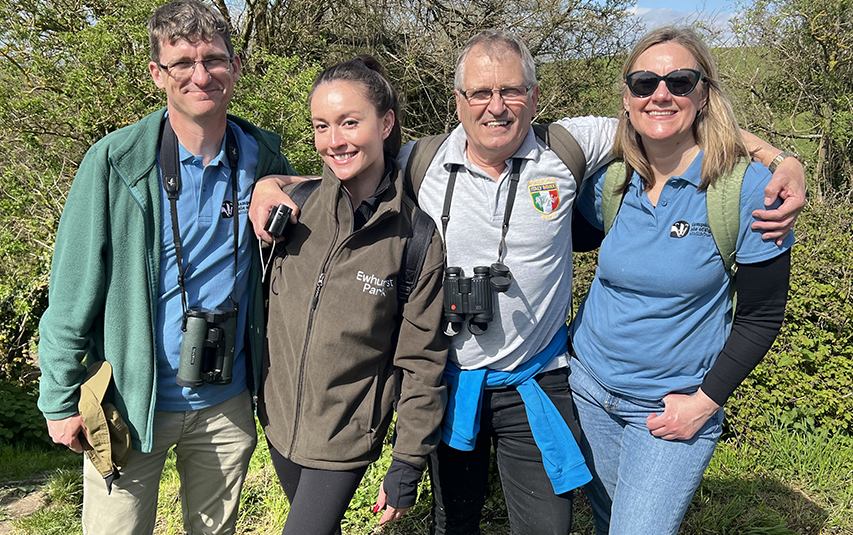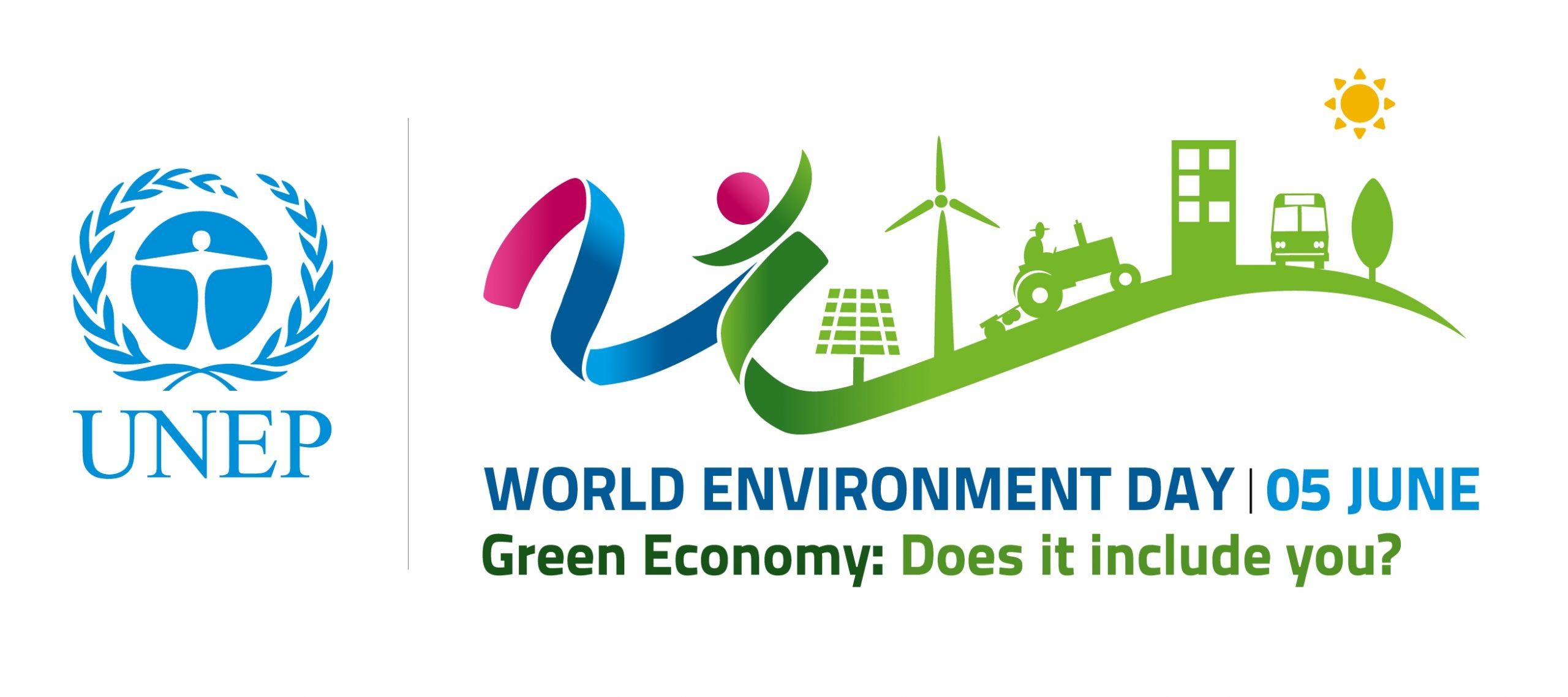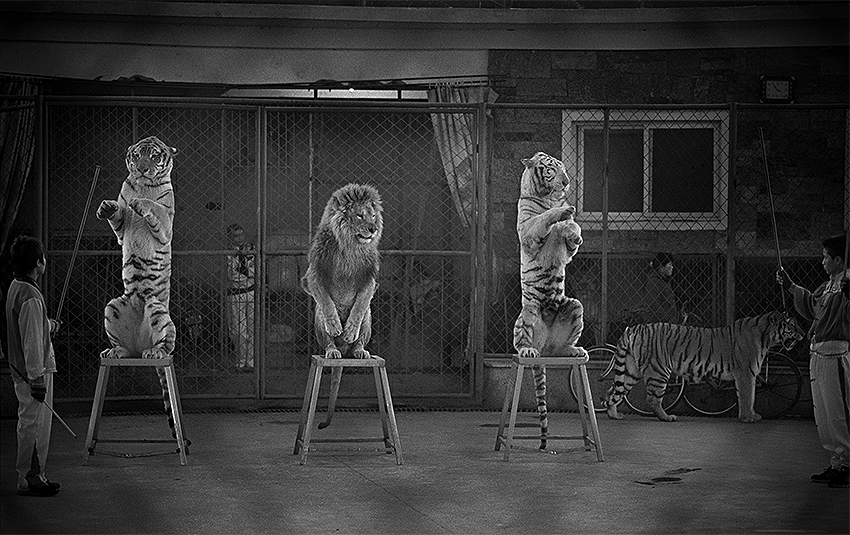 One in every three bites of food we eat comes from a pollinated plant or an animal that depends on bee pollination. So bees are absolutely essential to human beings and our nutrition. In recent years, however, bees have mysteriously been disappearing on a large scale without returning to their hives. Depending on the area of the planet concerned 50% to 90% of bees have vanished. Scientists call the phenomena Colony Collapse Disorder and are struggling to find reasons for the threat. It could be habitat loss, diseases, the use of pesticides or careless interbreeding. Or a combination of all these factors. One thing is pretty much for sure though – the problem is caused by humans.
One in every three bites of food we eat comes from a pollinated plant or an animal that depends on bee pollination. So bees are absolutely essential to human beings and our nutrition. In recent years, however, bees have mysteriously been disappearing on a large scale without returning to their hives. Depending on the area of the planet concerned 50% to 90% of bees have vanished. Scientists call the phenomena Colony Collapse Disorder and are struggling to find reasons for the threat. It could be habitat loss, diseases, the use of pesticides or careless interbreeding. Or a combination of all these factors. One thing is pretty much for sure though – the problem is caused by humans.
 More Than Honey, the documentary by Swiss film maker and director Markus Imhoof, aims to shed light on the mystery and tries to determine causes for the disappearance. Imhoof himself comes from a family with a long-lasting beekeeping tradition and his movie is a comprehensive insight into the highly differing ways of keeping bees. With his camera he visits an American beekeeper, who runs a giant migrating honey bee business and carts his colonies from blooming field to blooming field all year round – industrial honey production seemingly regardless of the consequences. Other scenes in the movie show the elderly Fred having a handful of hives on a mountain in Switzerland with tears in his eyes when one of his colonies has to be destroyed because of a spreading disease. The most dreadful images are of Chinese farmers manually pollinating plants with hand picked pollen from other regions because bees are extinct in the area.
More Than Honey, the documentary by Swiss film maker and director Markus Imhoof, aims to shed light on the mystery and tries to determine causes for the disappearance. Imhoof himself comes from a family with a long-lasting beekeeping tradition and his movie is a comprehensive insight into the highly differing ways of keeping bees. With his camera he visits an American beekeeper, who runs a giant migrating honey bee business and carts his colonies from blooming field to blooming field all year round – industrial honey production seemingly regardless of the consequences. Other scenes in the movie show the elderly Fred having a handful of hives on a mountain in Switzerland with tears in his eyes when one of his colonies has to be destroyed because of a spreading disease. The most dreadful images are of Chinese farmers manually pollinating plants with hand picked pollen from other regions because bees are extinct in the area.
The movie convinces not only through content, interesting characters, their stories and dialogues, but also because of the absolutely fascinating images and impressive cinematography. Detailed macro shots show the complex behaviour of bees’ anatomy, the workers in their hive and on the hunt for pollen.
Even though Imhoof does not judge any of the behaviour he shows in his film the viewer feels the urgency of the issue and a sense of compassion. More Than Honey leaves a lasting impression and a sour taste.
 In London urban beekeepers are starting to tackle the problems bees face, and hives and bee-welcoming environments are on the rise. Bee Urban is one of many community schemes concerned with the subject matter. The beekeeping and environmental education project is based in Kennington Park. ‘Bees used to be a hobby of mine and it has just organically grown,’ states Barnaby Shaw, the founder of Bee Urban, which now involves hives, a bee-friendly garden and workshops. The aim of the project is to create awareness and opportunities to get involved, supporting diversity amongst insects and providing an unusual community hub. ‘Beekeeping connects people with nature and enhances their relationship to rural elements. We bring a certain degree of country life to the city,’ says Barnaby.
In London urban beekeepers are starting to tackle the problems bees face, and hives and bee-welcoming environments are on the rise. Bee Urban is one of many community schemes concerned with the subject matter. The beekeeping and environmental education project is based in Kennington Park. ‘Bees used to be a hobby of mine and it has just organically grown,’ states Barnaby Shaw, the founder of Bee Urban, which now involves hives, a bee-friendly garden and workshops. The aim of the project is to create awareness and opportunities to get involved, supporting diversity amongst insects and providing an unusual community hub. ‘Beekeeping connects people with nature and enhances their relationship to rural elements. We bring a certain degree of country life to the city,’ says Barnaby.
The London Beekeepers’ Association (LBKA) provides advice and support for future beekeepers. ‘Training is essential. Keeping bees is very trendy at the moment and some people think it’s easy but it’s not at all,’ says Angela Woods, the secretary of the association. ‘Beekeeping is a commitment and it’s time consuming. We offer mentoring programmes, which last for a whole year to support people and their hives.’ Even though it is hard work it’s also extremely rewarding. ‘Beekeeping relaxes you and keeps you focused,’ says Jon Harris, the treasurer of the LBKA. ‘You feel that you are doing something good for the bees. And what is good for bees is good for people too.’
More Than Honey is released in the UK on 6th September 2013.

















